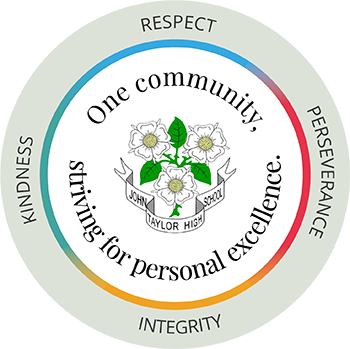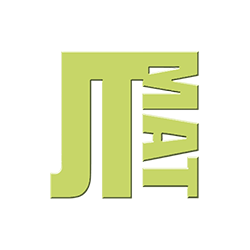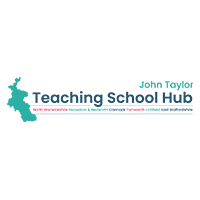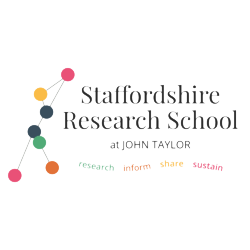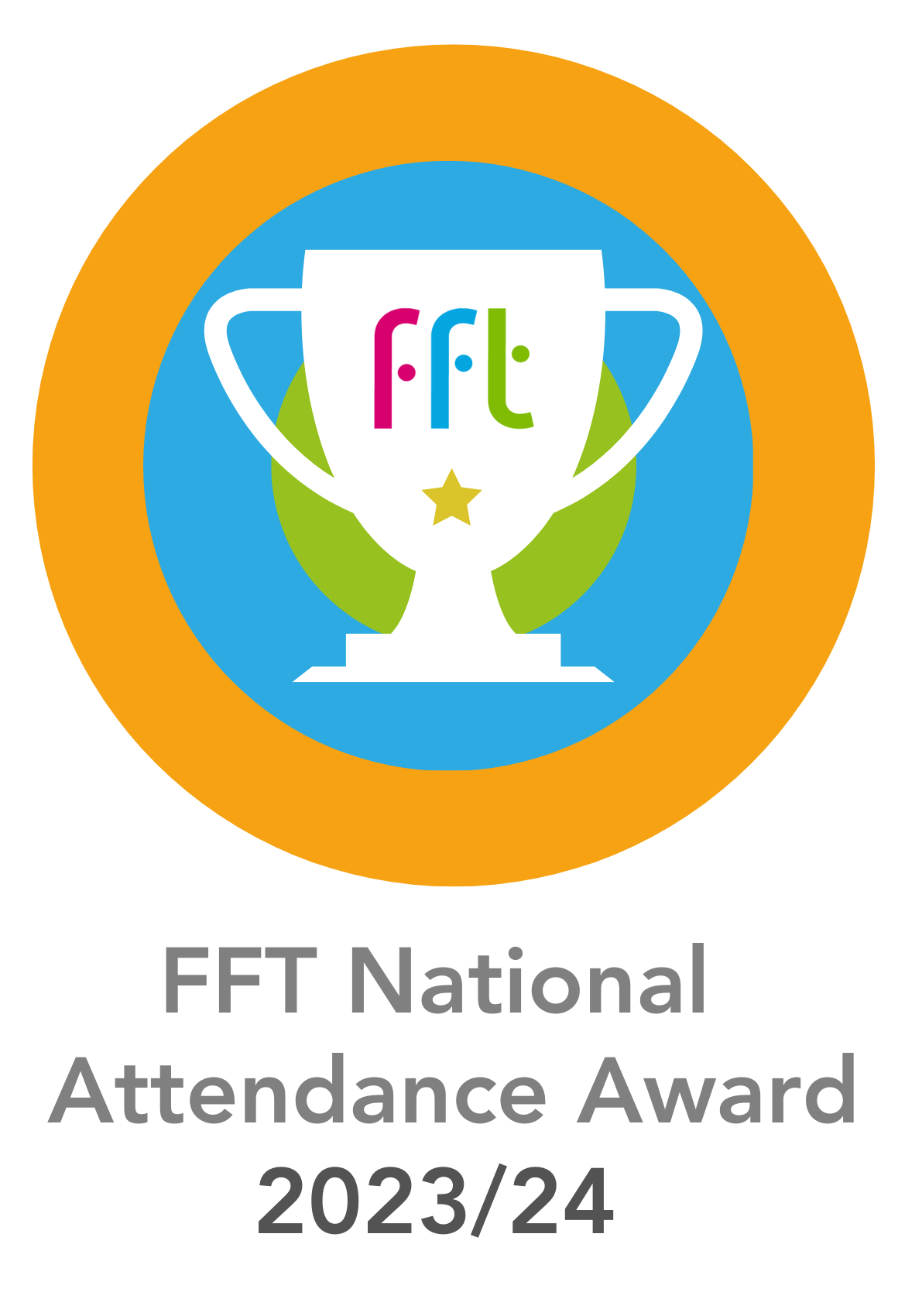History
Curriculum Rationale - History
|
Question |
Response |
|
What do we aim to achieve through the teaching of our subject? |
At the heart of the History curriculum is knowledge of Britain, the wider would and the inter-relationships between them. To allow pupils to make progress, by them knowing and remembering more. Pupils will develop a chronological understanding, whilst also developing an understanding that periods of History do not exist in isolation. Furthermore, pupils need to develop an understanding of; key events, key terms (empire, Monarchy) and to be able to apply that knowledge to key concepts (cause and consequence, significance etc.) History influences the future and we want pupils to use this cultural capital to be able to succeed in life, and to make a well-rounded citizen, that can contribute to society. |
|
What are our learners entitled to? |
Our learners are entitled to a knowledge rich curriculum that allows them a great understanding of the development of the world we live in and to understand how key themes such as society and the economy contribute to this. They are entitled to be challenged and have lessons that ask pupils to remember more and apply it to the periods studied and to make links between these. Leaners are entitled to effective and knowledgeable staff who teach them to be empathetic and appreciate other cultures and beliefs along with being supported to make clear progress. They are entitled to have every opportunity to be inquisitive and succeed. |
|
What building blocks are we trying to establish in preparation for further study? |
In terms of historical knowledge, in KS3 we want pupils to have a strong foundation of knowledge and understanding about Britain and the development of the country through all of the historical key themes e.g. politics, economy etc. at a time where the world was not interlinked. In the 18th century, the world becomes more webbed with key historical developments e.g. industrial revolution and exploration, therefore a chronological understanding will allow pupils to understand key developments and appreciate the stark change happening in the 18th century which will enable them to gain the understanding and skills needed for KS4 and KS5 study. |
|
How does the curriculum we teach reference our local contexts? |
During our study of the Anglo-Saxons we reference and investigate Mercia (Repton) which was the country’s capital city. During our study of enquiring about how sites around the country have changed, we investigate Kenilworth castle and in our study of the Industrial Revolution, we look at factories in Derbyshire along with philanthropists in Birmingham. Finally, whilst studying the First World War, we visit Staffordshire Regiment Museum and look at case studies of soldiers from our area. |
|
What skills do we seek to develop in our learners? |
In terms of skills, KS3 will provide pupils an opportunity to get a foundation of historical concepts e.g. change; continuity; significance etc. to be able to understand more difficult historical events as they move throughout their education. It also ensures pupils have the opportunity to develop their literacy ability by completing extended writing which will benefit all subjects. History also gives them the skills necessary to be able to complete further study. The ability to deduce information; evaluate; form judgements and defend them and prioritise are just some of the skills they will use studying History. |
